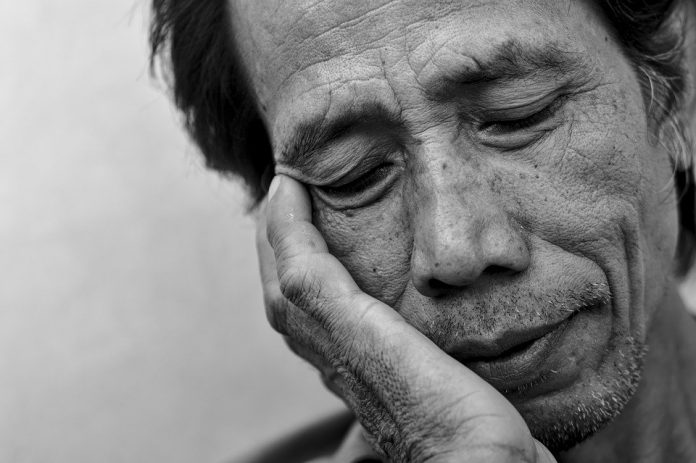How to Fix Sleep Deprivation
Sleeping has, for a long time, been the most disregarded and ignored activity of daily life. We sleep less than we used to, and sleep disorders such as sleep apnea and insomnia are becoming more common. This sleep deprivation is causing us all kinds of issues, from minor sleepiness during the day to major health risks such as stroke, Alzheimer’s, and cancer. It is more important than ever before to sleep well, but how?

Find out the best sleep tips on how to fix sleep deprivation.
Sleeping well means getting enough sleep so that you feel rested, energetic, and healthy during the day. The actual amount of sleep an individual needs varies from person to person, but on average, it is between 7-9 hours of sleep per night. Anything below this range or anything above this range can be classified as sleep deprivation or insomnia, respectively.
So how do you fix sleep deprivation? What are the best sleep tips out there?
The first step towards fixing your sleep deprivation issues is figuring out what exactly is causing them. One way to do this is by keeping a sleep diary for a week. This sleep diary should include details about how you sleep, when you sleep, and what affects your sleep.
Once you have this data, look at the patterns, establish what is causing sleep deprivation, and try to fix them one by one until sleep deprivation is fixed. If sleep deprivation is caused by something such as anxiety, then taking steps to reduce anxiety will work well in solving sleep deprivation problems.
There are many other causes of sleep deprivation, such as sleeping in an uncomfortable position or having too much caffeine before bed. Try to make sure that everything in your bedroom is conducive to good sleep; the temperature of your room should be around 20°C (70°F); there should be no electronics in the room; and keep all electrical objects, such as mobile phones and laptops, outside of the room.
The sleep tips you should follow are simple but effective: allow 7-9 hours of sleep per night, sleep in a comfortable position, sleep in a dark room with no noise, and ideally sleep at the same time each day. If sleep deprivation is caused by other issues, then address those first to fix sleep deprivation. If all else fails, then talk to your doctor about sleep deprivation or other medications that might help you sleep better!
Sleep Deprivation Stages
Sleep is a natural process that is necessary for most living organisms, including mammals. The sleep study was conducted by sleep expert Dr. William Dement in the 1960s to see what sleep deprivation stages are experienced when sleep is deprived. This sleep study is known as the Stanford Sleep Book research project, commonly known as “The Death Squad”. It involved six participants, ranging in age from 27 to 45, who were sleep-deprived for eighty hours.
This sleep study identified five sleep deprivation stages that are experienced during sleep deprivation. These sleep deprivation stages are: sleepiness after sleep onset, sleep inertia, loss of situational awareness, and memory consolidation interference. The fifth stage is recovery sleep.
This sleep study included a sleepiness scale that was used to indicate how sleep-deprived the participants were. It ranged from 0 being wide awake to 10 being sleeping on your feet. The sleepiness scale is useful in showing the multi-dimensional nature of sleepiness during sleep deprivation. This scale was originally devised by William Dement. It may be useful in sleep medicine to allow sleep deprivation stages to be identified and differentiated from one another.
However, sleepiness is a complicated state of being with multiple moving parts. Sleepiness isn’t simply how long you have been awake versus how long you’ve slept. It doesn’t only depend on sleep deprivation stages but also on sleep pressure. Sleep pressure can be described as how long it has been since sleep onset and the effects of sleep deprivation.







